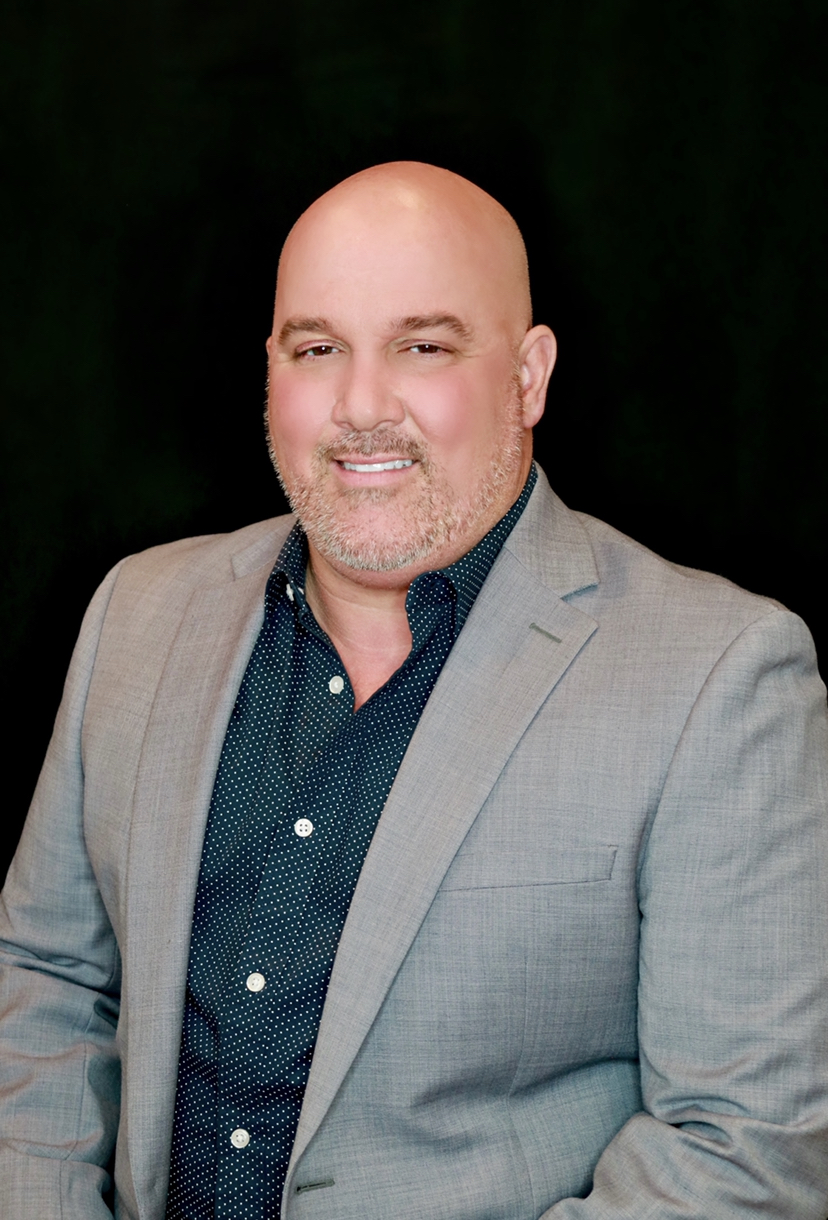Hammered in History
- Ron Robert
- Feb 10, 2021
- 3 min read

On January 22, 2021, baseball legend and civil rights activist Hank Aaron passed away at the age of 86. The world lost an incredible person and with last Friday being the day Aaron would have turned 87, it is a great time to reflect on the significant impact he made on and off the field.
Henry Louis Aaron was born on February 5, 1934 in Mobile, Alabama to Herbert and Estella Aaron. Aaron was the third eldest child in a household of eight children in a segregated neighborhood. At an early age as young as 8 years old, Aaron was exposed to racism when he witnessed the hateful actions from the Ku Klux Klan in his neighborhood. Aaron recalled his mother telling him to hide under his bed on several occasions to protect himself. This showed Aaron the harsh reality of being black in America, but with the support of his family he was willing to do whatever it took to achieve his goals of becoming a professional baseball player.
When Aaron was 8, his parents moved to a middle-class neighborhood in Mobile called Toulminville to avoid racist intimidation. During his middle school years he started to fall in love with sports, specifically baseball and football. Looking at Jackie Robinson for inspiration, he was dedicated to become the best athlete he could. In high school, Aaron shined in both sports, but was more passionate about baseball. At the age of 17, Aaron was recruited by the Indianapolis Clowns after they played against Aaron’s semi-pro team in Mobile. In Aaron's senior year of high school, he left to pursue his dream of becoming a professional baseball player, joining the Indianapolis Clowns of the Negro Leagues for $200 dollars a month and bursting onto the scene with his outstanding play at the age of 18.
In 1952, Aaron was one of the best players in the Negro Leagues, leading the league with a .467 batting average in his rookie season. Aaron's breathtaking style of play snared the attention of clubs across the major leagues and resulted in him going to the Boston Braves after they acquired Aaron from the Clowns in exchange for cash mid way through the Negro League season. Aaron finished the year strong, slashing .336/.336/.493 with 9 home runs in 87 games with the Braves minor league affiliate. Aaron's 1953 campaign propelled him to the major leagues the following season. Aaron slashed .362/.362/.589 with 22 home runs and 14 triples at the age of 19, establishing himself as one of the top prospects in baseball before making his major league debut.
On April 13, 1954, Aaron made his major league debut at the age of 20 and never looked back. Aaron would go on to play 23 years in the MLB playing for the Atlanta Braves and Milkwaukee Brewers. At 6'0", 180 pounds, Aaron became one of the most dynamic hitters in MLB history, earning him the nickname "Hammerin' Hank". Aaron finished his illustrious career as a 1-time MVP, 25-time All-Star, 1-time World Series Champion, 3-time Gold Glove winner, 2-time Batting Title Champion, and 1982 Baseball Hall of Fame inductee (receiving 97.8 percent of the first ballot vote). Aaron still is a staple in MLB all-time statistics, ranking 1st in RBIs (2,297), 1st in extra base hits (1,477), 1st in total bases (6,856), 2nd in home runs (755), 3rd in hits (3,771), and tied for 4th in runs scored (2,174).
Throughout Aaron’s career he was often a victim of racism. During an interview with FOX Sports, Aaron spoke about the hardship that came with being a black baseball player in the MLB. He said: "Sometimes you sit down and you want to cry about it, you think about it and you say what did I do to make people have this kind of hate towards me... I had to go into the back of the ballparks instead of going out the front of the ballpark. Tough situation for me, for a while." 12 of his 23 years in the MLB were played before the passing of the Civil Rights Act of 1964, which banned discrimination based on race, color, religion, sex, or national origin. Aaron used his platform to speak on the importance of diversity in the sport of baseball. As a front office executive for the Atlanta Braves, Aaron founded the Chasing the Dream Foundation, which supports disadvantaged youth and teaches them life and financial skills. There is a reason why Muhammmad Ali "idolized" Aaron more than himself. Henry Louis Aaron's impact on the sport of baseball was immense, but he will most be remembered for the effort he put into the pursuit for equality in America.




Comments